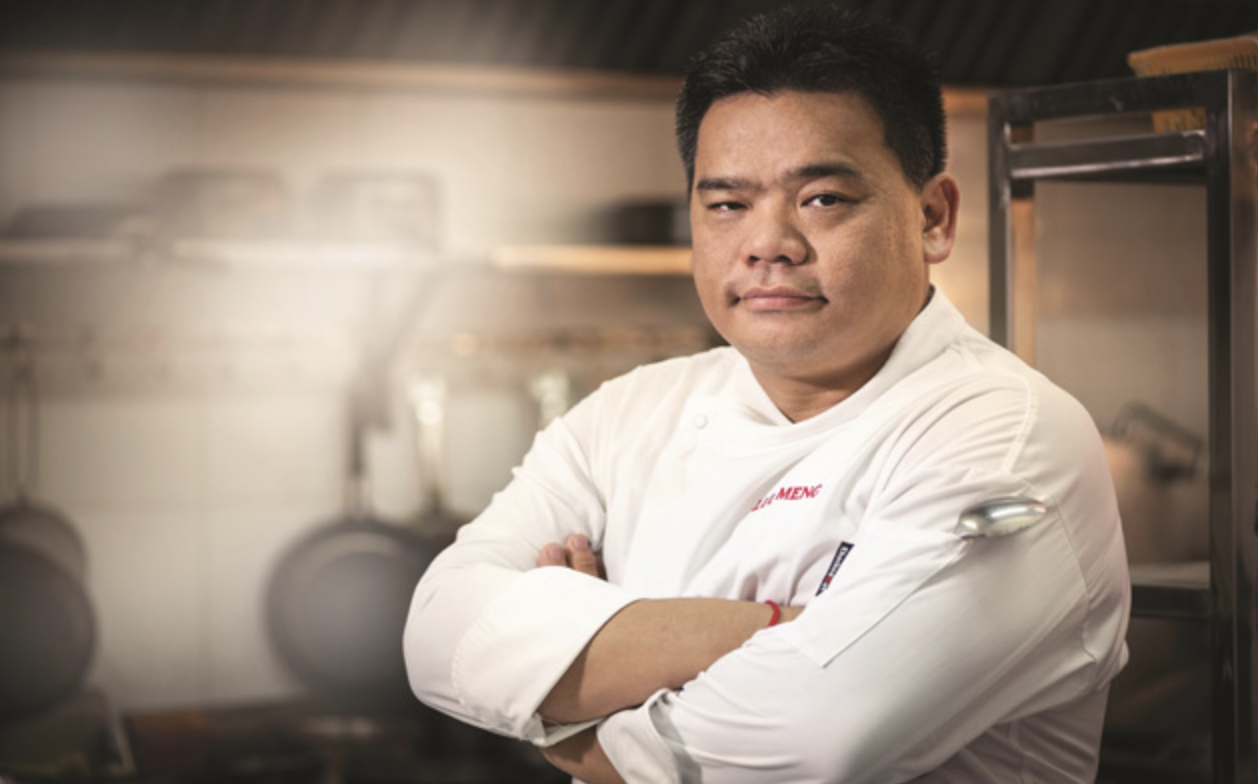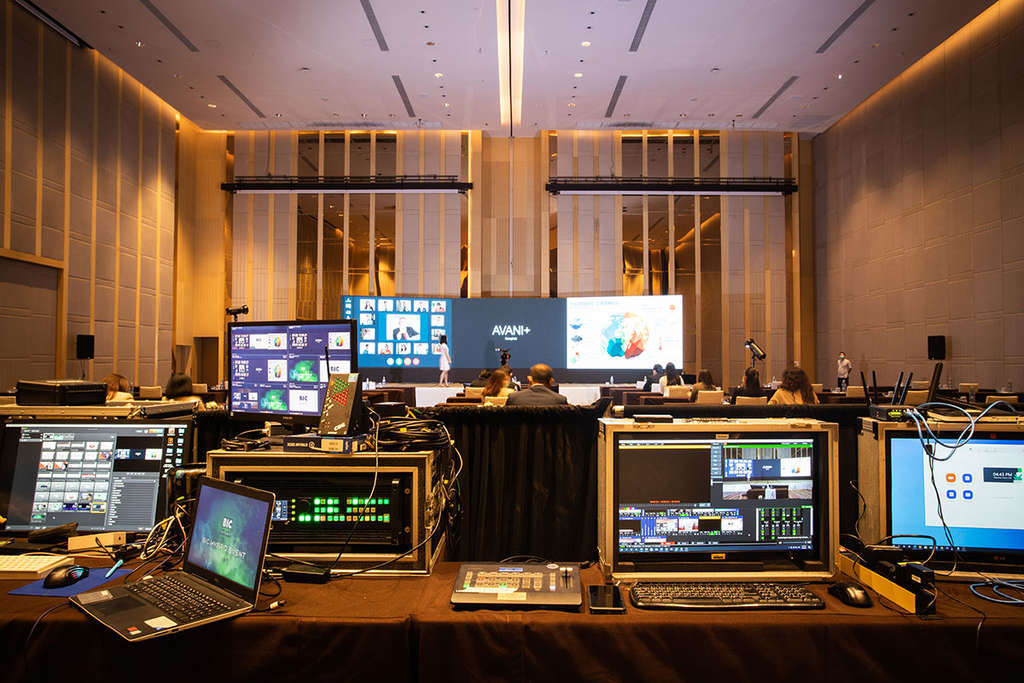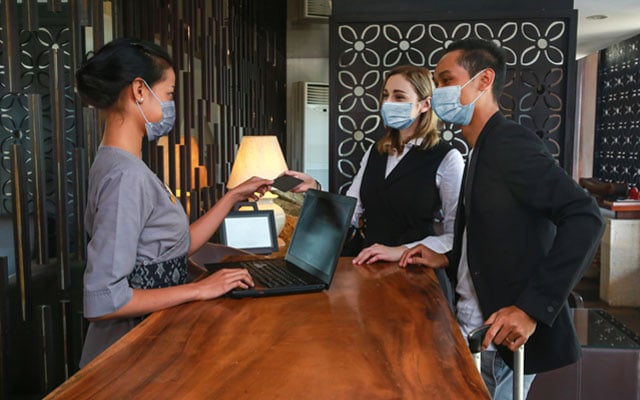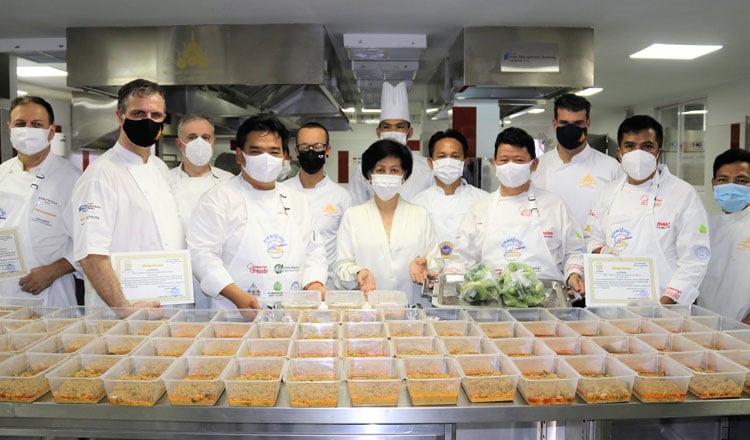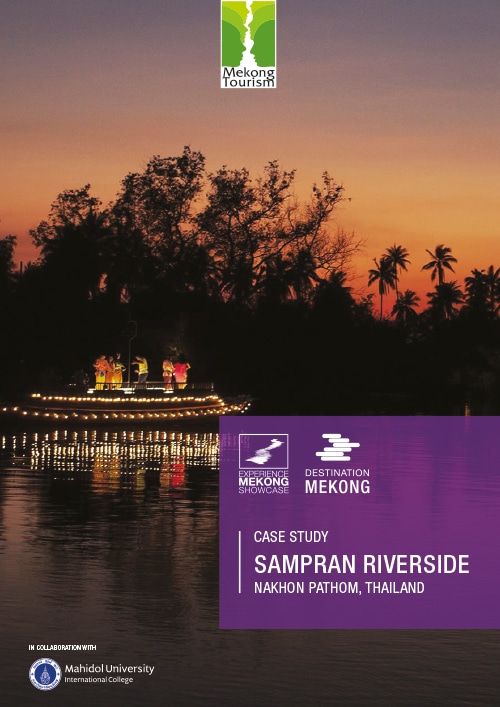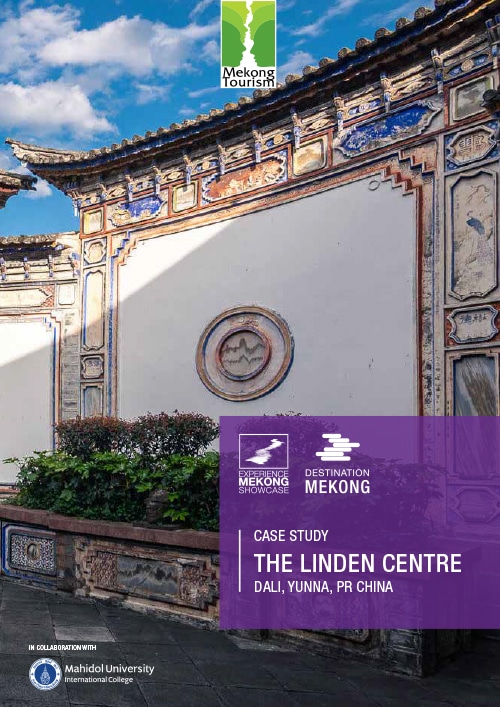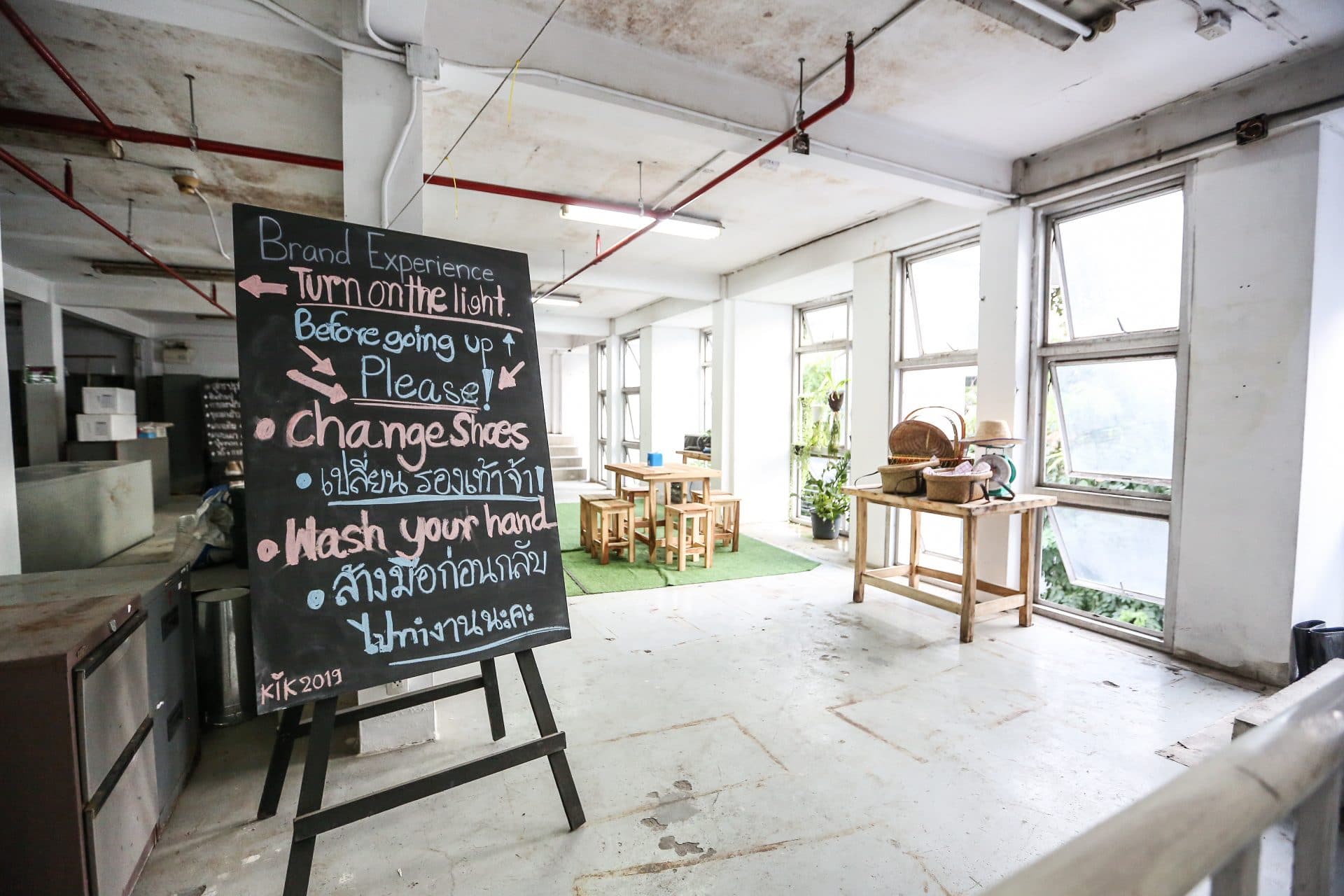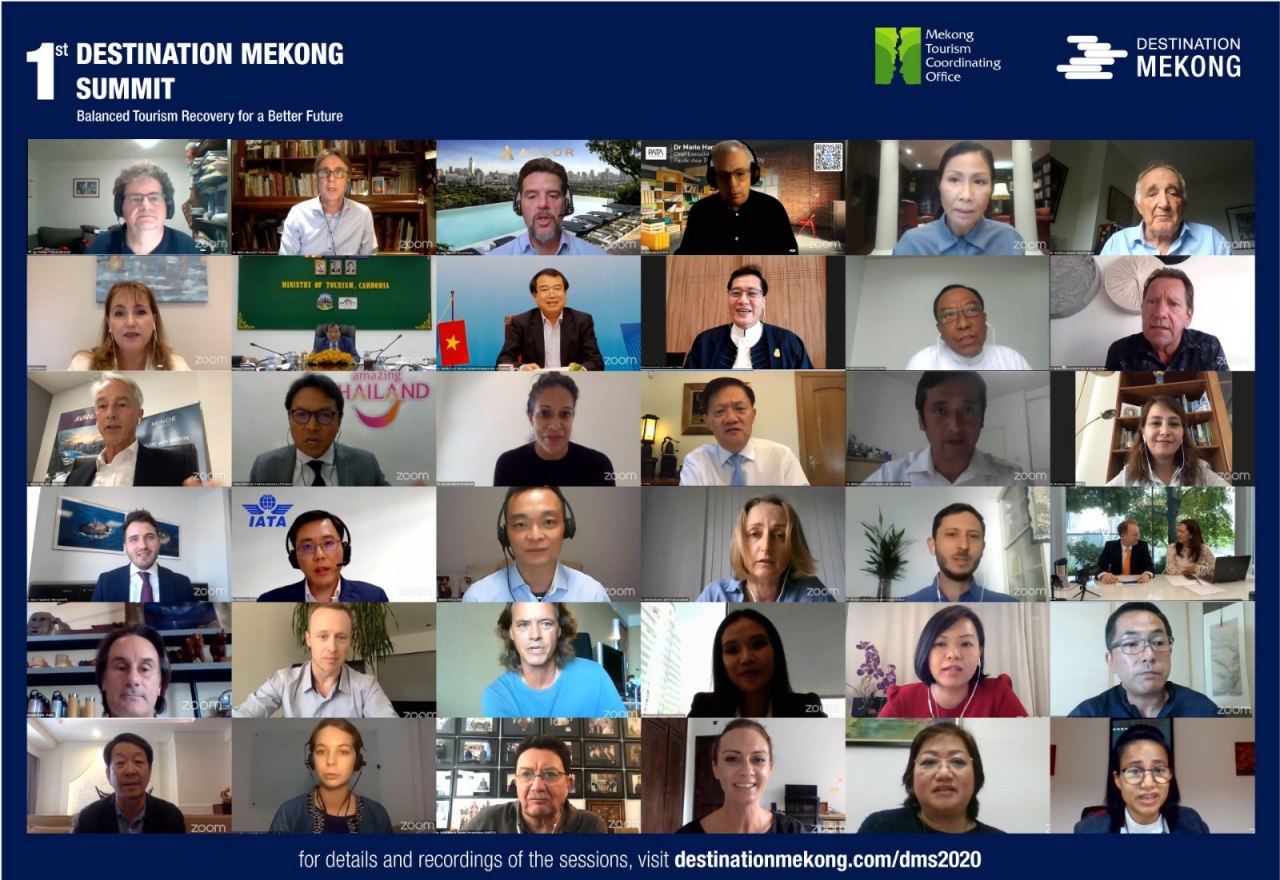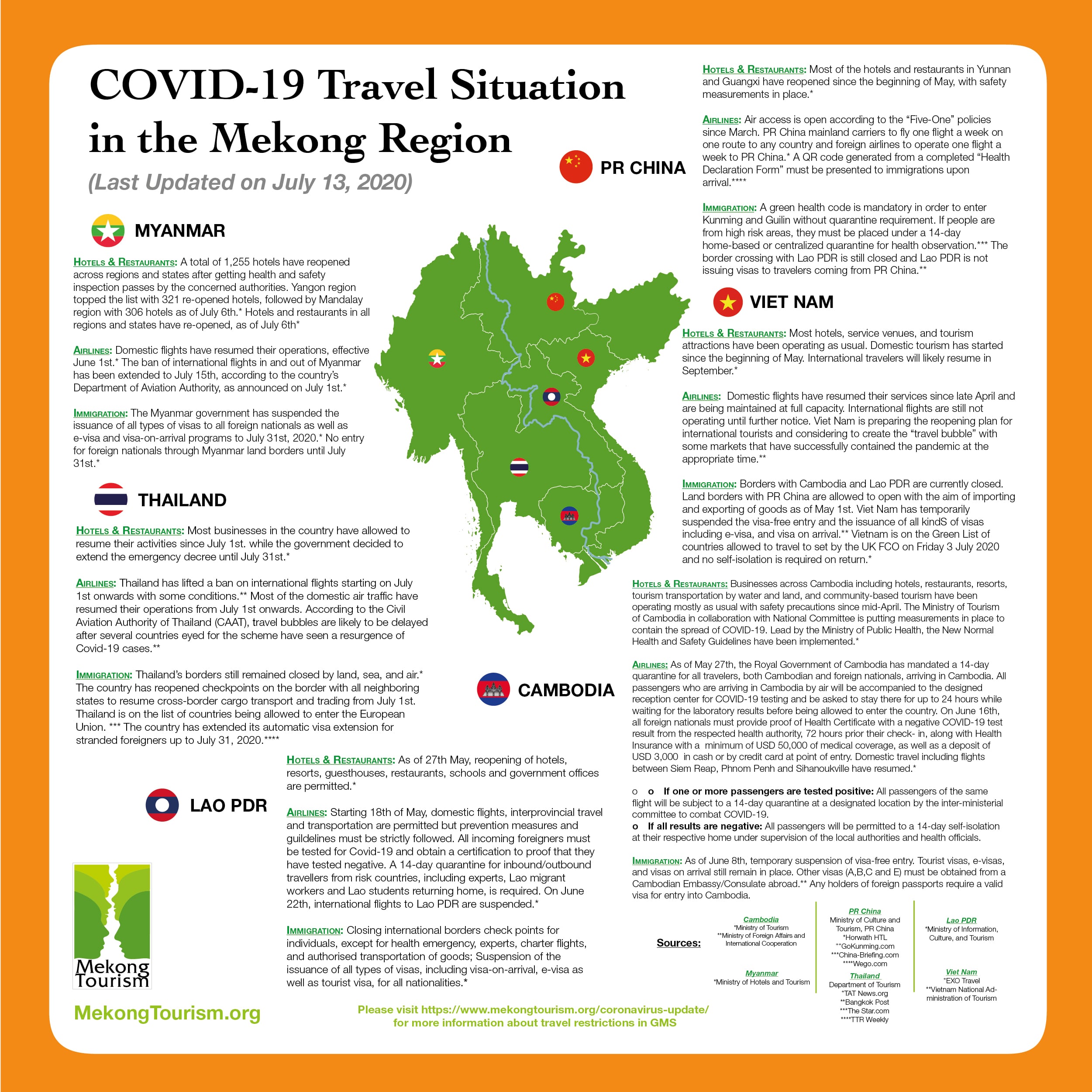The pandemic has brought Cambodia’s tourism players together and highlighted the value of a single voice via the Cambodia Tourism Federation (CTF), allowing them to work better with the authorities towards travel and tourism recovery as well future developments, reveals Luu Meng, CTF president, master chef and Almond Group CEO.
Tourism is a key economic driver for Cambodia but Covid has devastated tourism. How are CTF members affected?
Last year, we saw more than 50 per cent of businesses disappear when the pandemic started, as all international arrivals stopped in April. But Phnom Penh, the coast, Kampot and Siem Reap were able to do some business as locals could travel domestically. That continued into January and February.
Then the February 20 Community Event happened (when Covid spread across the country) and most domestic tourism disappeared (due to ongoing restrictions). When you break that down, almost every tour agent had nothing to do. Some have closed for good, some have been spending their savings and extending loans. Those unable to get more loans have been unable to continue.
For hotels, apart from quality hotels, there is almost nothing happening as well, although Kep and Kampot still have a bit of business. Official reports have also shown the restaurant sector has decreased by more than 30 per cent. The restaurant business was already competitive before Covid so it became even more difficult.
Did Covid present any positive opportunities for your members?
Before Covid, Cambodia was always linked to our neighbouring countries. Travellers would visit those countries, and then stay a few nights in Cambodia to visit Angkor Wat only.
The pandemic has given Cambodia the best opportunity to become a destination on its own. We have the beaches, culture, countryside, incredible cuisine, and the charm and hospitality of our locals. Cambodia is full of experiences, and has more than enough to provide travellers who are keen to stay longer.
The private sector is working closely with the government to newly brand and market Cambodia (as a mono destination) and encourage tourists to spent 10 days or two weeks here (as opposed to being a destination in a multi-destination itinerary).
How has the pandemic impacted the strength of CTF’s voice?
Before the pandemic, every association worked on their own and each had difficulty getting members to join. This was because traditionally, many people in the hospitality and tourism industry in Cambodia operate solo and don’t believe in belonging to a group. They didn’t understand the concept of belonging to an association which offered one unified voice, and that their issues and concerns will be represented and taken to the top level.
With the pandemic, people started to realise they needed help from the government and be able to raise issues with them. This is when we realised more people are interested in joining. Rather than Cambodian operators being very independent as they were previously, they are now more united.
What support have you provided members since the start of the pandemic?
We usually have at least one meeting a month, which has so far been held online. We have also invited people from different ministries to attend so we can all stay engaged. We have a Telegram group to make sure everyone stays informed and to give members a place to raise any issues and concerns.
Advocacy has been the main element and it works both ways. If you provide the right channel to raise concerns, it’s also much easier for the government to work with the private sector. Collectively, we have been able to come up with suggestions and options for the government, as choosing between health and safety or the economy is a huge challenge.
The pandemic has brought up many issues within the sector. We have issues spanning compliance, human resource and labour, social and business and marketing. This means we have to work with many different ministries. In good times, there was no chance to take a look at these things but during the last 18 months, we have been working with the government to develop a strategy to have an idea where the tourism and hospitality in Cambodia is going to be in the next five, 10, and 20 years.
Cambodia has excelled in the roll-out of the vaccination programme compared to other countries in South-east Asia. What role does this play in reopening to tourists?
Our CTF members and partners recognise and appreciate our prime minister has done a very good job since the government decided to start vaccinations.
In South-east Asia, Cambodia is second in terms of the percentage of vaccinations given – after Singapore – and we are comparing two countries with populations of six million versus 16 million. More than 90 per cent of adults in Phnom Penh are vaccinated, and this is not something that many cities in the world have yet achieved, so this is a great step for us.
We have been in discussions with the Ministry of Tourism about allowing vaccinated travellers in with minimal or no quarantine. We hope that will become a reality, and on our end, we hope to complete the country’s vaccinations by 4Q2021 so vaccinated tourists can also safely visit.
Cambodia’s tourism industry has lost a lot of skilled people. What needs to be done to build back the sector’s manpower resources?
We need to start preparing now. The Ministry of Tourism is currently unable to conduct any in-person training because of Covid restrictions, but has been holding online programmes on certain issues to retrain the people.
We are also requesting that the government creates a fund as soon as possible that will go towards retraining and refreshing the skills of previous tourism employees who have left the sector. Most of them wanted to remain in the hospitality sector, but have been away for more than a year now working in the agriculture and construction sectors as there is still work to be found there.
What has Cambodia capitalised on this downtime and what differences can visitors expect when they return?
The 38 Roads project has started in Siem Reap. The project comprises huge infrastructure improvements that are being carried out while no tourists are there. There is also a lot of effort being put into developing eco-tourism and new experiences related to that.
Meanwhile, the capital is changing quickly in a positive way, the coastline is developing and we have new airports planned. But the charm of the people has not changed, and that’s what makes Cambodia so attractive; it’s in our DNA.
Source: https://www.ttgasia.com/2021/07/15/catalysing-cambodias-new-tourism-future/
